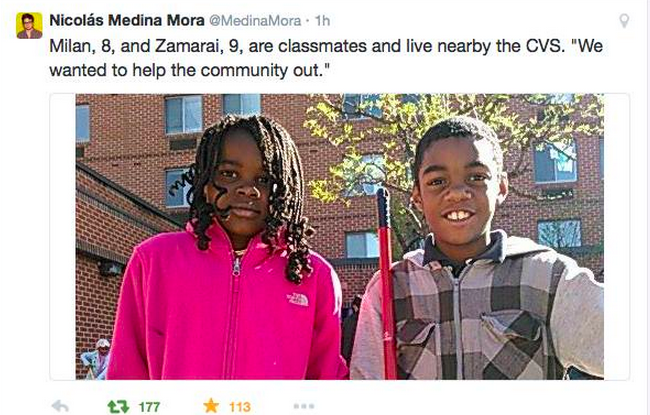Note: This post was picked up by the Huffington Post and you can also read it there.
I’m reading Ta Nehisi Coates’s Between the World and Me right now. It’s a dissonant experience because the language in the book is exquisite, and the truth of it is tough and hard.
I’m also reading Isabel Wilkerson’s The Warmth of Other Suns, about the Great Migration of African-Americans from the South to northern cities such as Chicago, Cleveland, and Washington DC in the early 20th century.
I highly recommend both books, especially if you are white. Read them with an open heart. Read them not to refute, but to understand. Read them in the spirit of Brian McLaren’s joke, “Why did Jesus cross the road?” “To get to the other.”
I hear a good bit of defensiveness from many white people when the subject of race comes up. They don’t understand why we are “still” talking about it. If pressed, they will often insist that they are not racist. They treat people equally. Everyone was nice to everyone in their high school. There was no racial tension.
All of those things may be true. But they’re not the point.
Twelve is the point.
I heard Isabel Wilkerson speak last week while I was at the Chautauqua Institution, just a few days before the anniversary of Ferguson. She began her talk by evoking #BlackLivesMatter. And I could hear some hackles rising. Do you know what hackles sound like? They begin as the sound of shifting in seats. Add some clearing of throats as people get ready to rehearse their “post racial” bona fides to anyone who will listen. It was a polite crowd, and I must say, a well-intentioned one, so the hackles simmered down. They sat and listened. And I hope they heard Isabel Wilkerson offer an offhand remark that, for me, shifts everything:
The institution of slavery persisted for twelve generations of African Americans in this country.
I knew it, but I didn’t know it.
Twelve generations.
Those of us who study the Bible know the power of the number twelve. There were twelve tribes of Israel. These tribes were God’s beloved ones. Later Jesus would call twelve disciples to walk with him in faithfulness. A woman reached out to Jesus for healing because she’d been hemorrhaging, her blood spilled upon the earth, for twelve years. And a little girl of twelve was brought to life again when Jesus’ words of liberation and empowerment filled her ears: little girl, GET UP.
For those of us who don’t read the Bible, no matter. Twelve generations is a long time.
Twelve generations of could-have-been.
Twelve generations of doctors and midwives and lawyers and writers, scrubbing floors in the master’s house.
Twelve generations of musicians and architects and sculptors and scholars, picking cotton from dawn until dusk.
And—it must be said, and was said by Isabel Wilkerson—twelve generations of white people who wouldn’t let the doctors heal, wouldn’t let the architects build, wouldn’t let the sculptors create. When you’re keeping a race of people down in the ditch, she said, that means you’re down in the ditch with them. Our history diminished all of us.
That’s why this conversation matters. That’s why we have to talk about it. If you’re not a racist, congratulations. I’m not going to argue with you, because it’s not the point.
Twelve is the point. Twelve is the point.
How long do you think it should take to dismantle twelve generations of racial oppression, not to mention Reconstruction, Jim Crow and its aftermath? Should we be “over it” by now? Ask my friend, who couldn’t get a job interview until she removed her “black-sounding” name from her resume, whether it’s over. Ask the black men in our communities, who are seven times more likely than whites to die by police gunfire, whether it’s over.
My mother has an expression, “When it’s on you, it’s on you.” I didn’t ask for it to be on me—the privilege that comes from being white—but it’s on me. And I’m fooling only myself if I try and insist otherwise, just because we passed the Civil Rights Act and elected a black President.
It’s not about guilt. Guilt is a distraction, a side show, a dead end. My people did not own slaves. But the state of my birth fought under the Confederate flag. And contrary to popular belief, my white children will be more likely to receive a college scholarship than their friends who are people of color.
When it’s on you, it’s on you. And now it’s on all of us to talk about it—and also to listen.
~
During World War I there was a great migration north… painting by Jacob Lawrence.


